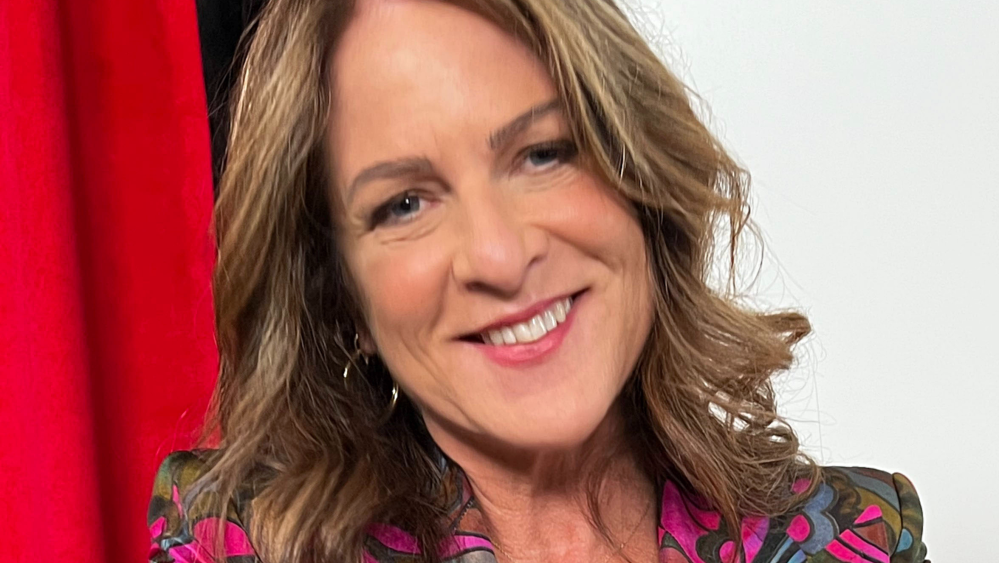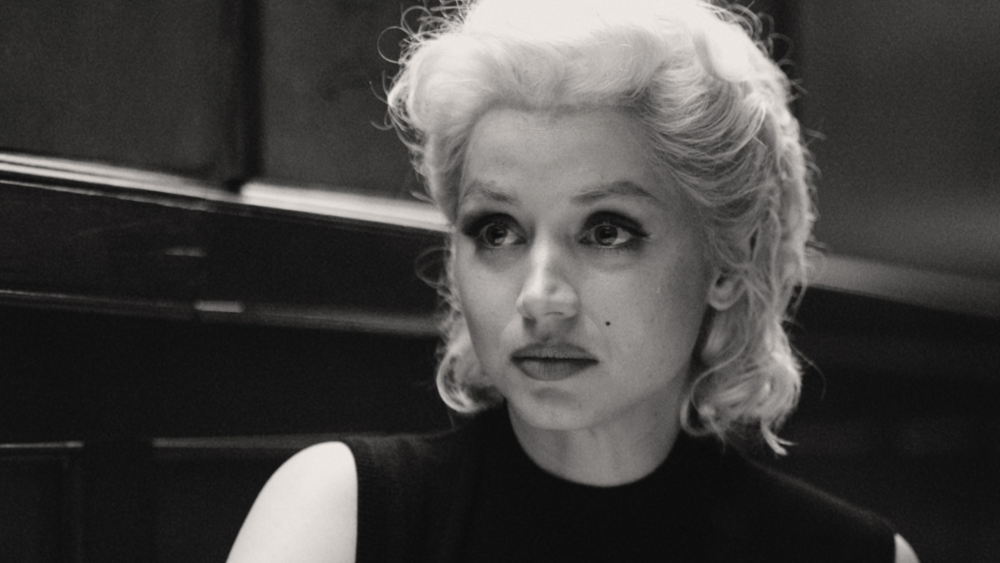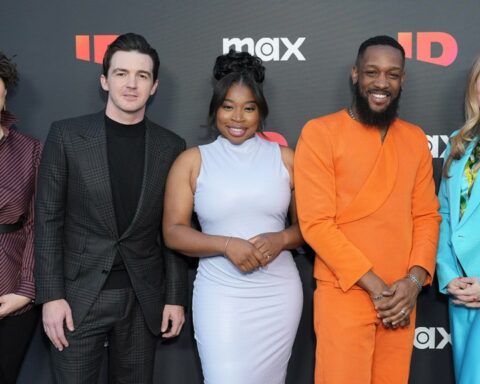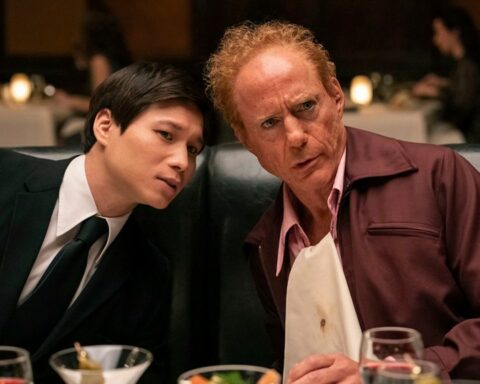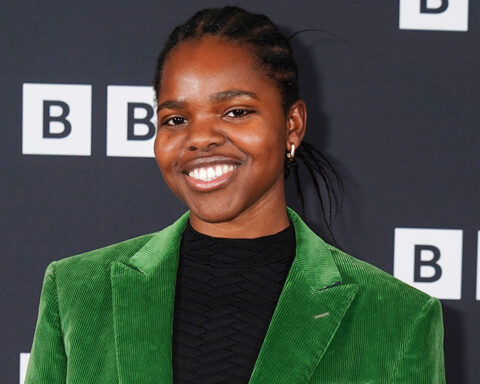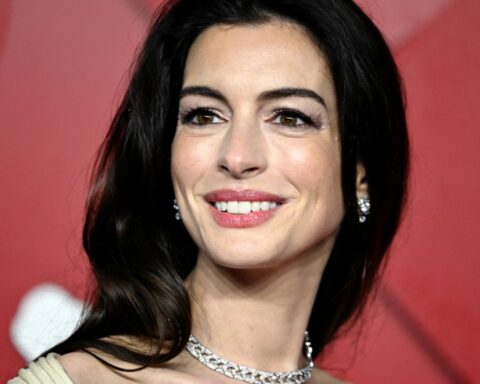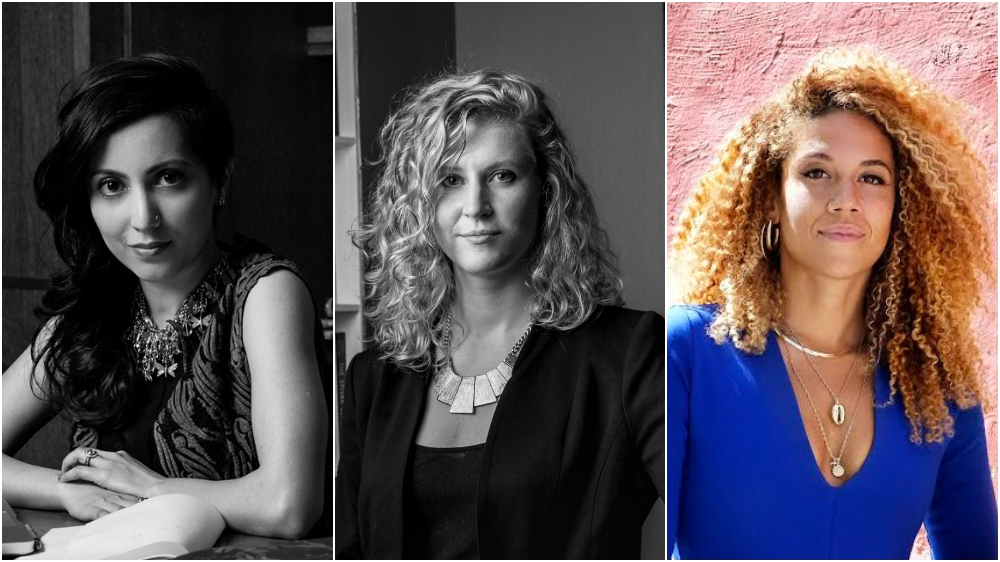
Audiences have embraced all of Oprah Winfrey’s signature looks from the fluffed pixie to the long under bob, and now her signature curls. But they may not have known about Winfrey’s lifelong hair journey that led to her current look or even what drove Issa Rae to appreciate and love her natural hair after going completely bald. Now both stories are being told in Hulu’s upcoming docuseries, “The Hair Tales,” which premieres on Oct. 22 on Hulu, as well as OWN.
When Onyx Collective president Tara Duncan and producer Michaela Angela Davis asked Black, Brown and woman-owned production company Culture House to take on the project, founding partners Raeshem Nijhon, Nicole Galovski and Carri Twigg said they recognized the “ripeness” of this story and jumped at the opportunity.
Nijhon and Twigg signed on to serve as executive producers on the series alongside Winfrey and Tracee Ellis Ross, who also hosts all six episodes. With interviews from Chloe Bailey, Rep. Ayanna Pressley, Marsai Martin, and Chika, Ross steers viewers through conversations on weaves, braids, kinks, coils, hair grease, locs, and ultimately self discovery.
Twigg largely credits Ross’ involvement as the spark that brought this overarching theme to life, telling Variety, “she gave us our thesis, which is that you can track a black woman’s journey of self acceptance through their journey with their hair.”
“While we each have our own specific story story, we knew that with ‘Hair Tales,’ there was something universal and something communal that we could really tell through this series and that it hadn’t gotten the love or the shine that it deserves,” says Twigg. “Like all the ways that our hair or this portal into a Black woman’s experience in this country, and in the world, hadn’t really gotten it’s due on the screen.”
Stories like that of “The Hair Tales” are essentially right up Culture House’s alley. With a team made up of predominantly women of various backgrounds, the company aims to “create compelling/ inclusive/ radical/ futuristic/ beautiful film and TV,” per their company mission. Its catalog of productions also includes Brie Larson’s “Growing Up,” which is currently available on Disney+. The documentary series, produced by Galovski, tells the coming-of-age story of one teen or “hero” in each episode with a deeply personal interview.
According to Nijhon, Culture House was created to fill the void where she felt Hollywood had a blindspot.
“It was a response to wanting to both create stories that I felt like we’re missing out in the world, but also create a workflow and a process and a place in a community for filmmakers and creators of color and women,” said Nijhon, adding, “It’s not just about the things that we were creating. It’s also about how we were doing it.”
Culture House has a hands-on consulting process that Nijhon and her founding partners developed, aiming to help address diversity issues on-screen and behind-the-scenes.
“We wanted to just be very intentional about our process. Who are we hiring? Who are we helping to create jobs for? Who are we helping to train? How is it that our shows and our work is both showing up in the world as powerful stories, but also as powerful tools to empower the people that we that we want to see get further up in the pipeline,” Nijhon adds.
Galovski admits that while progress is slow, it’s not without movement. The obstacles they faced at the onset of their endeavor are persistent with the same decision makers still in most positions of Hollywood power. But, she believes there’s hope on the horizon.
“A lot of those statistics are starting to change –– not in the way that they need to, or at the level that they need to, but they are,” Galovski says. “We’re seeing now more people in the rooms that we’re pitching and that we’re working with, that are more representative of our country and more representative of the cultural experiences that we’d like them to have.”
Adds Twigg: “There’s clearly a burgeoning movement, but that’s what we’ve been talking about –– the fact that Hollywood needed to diversify itself for 50 years. Even though it’s changing a little bit and you’re starting to get higher profile, projects across the line, it’s still kind of woefully slow.”

